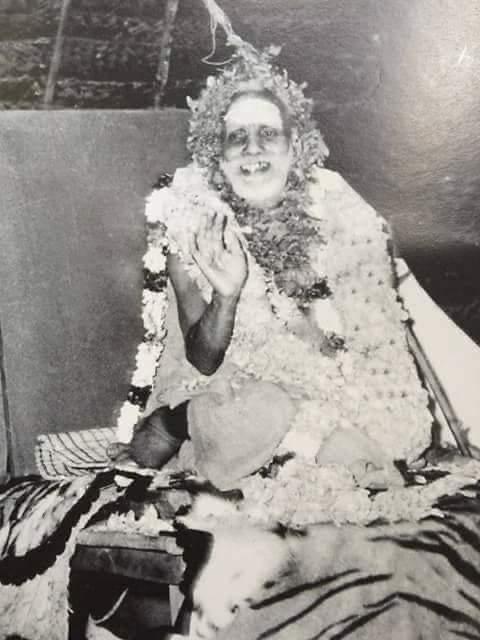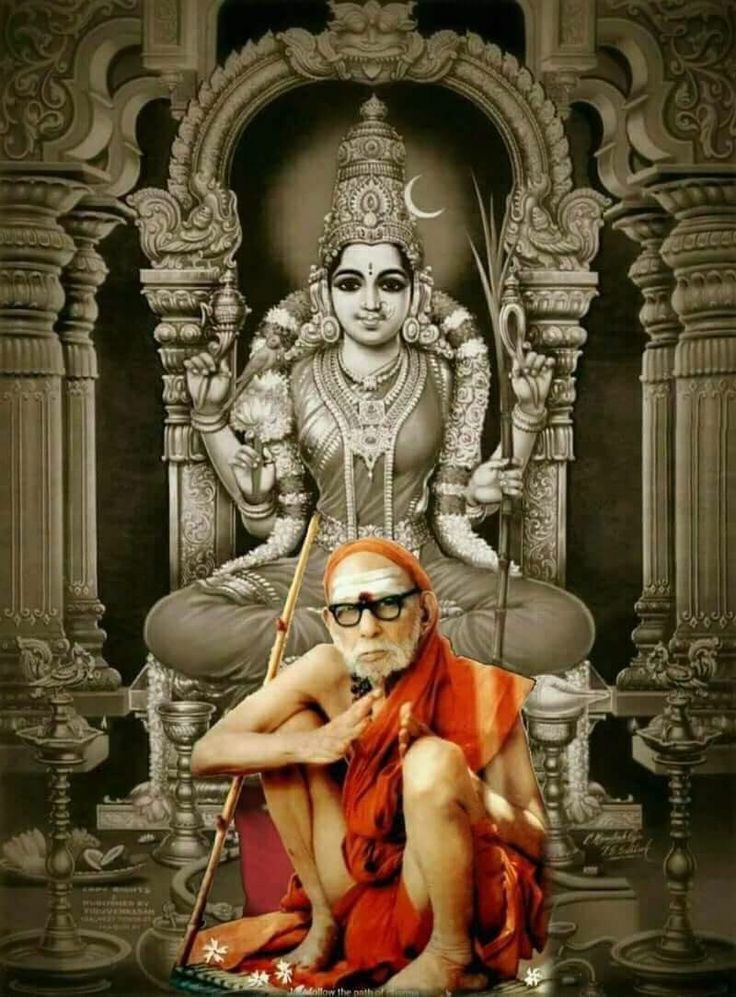
Deivathin Kural Vol 3 Pg 110
Charity-The Supreme Dharma:
Dharmam means all rules & regulations governing human life.But it is dhaanam which has specially acquired the name Dharma.Dhaanam has got such a high place among Dharmas.We usually talk 'Dhaana Dharma' together.Even 1/5
Charity-The Supreme Dharma:
Dharmam means all rules & regulations governing human life.But it is dhaanam which has specially acquired the name Dharma.Dhaanam has got such a high place among Dharmas.We usually talk 'Dhaana Dharma' together.Even 1/5

beggers ask for being given 'dharmam'. The very word Dharmasala means a public place where free food is distributed. In tamil poet Avvai's saying which will have a status equal to Vedic truths it has been said giving is Dharma thus equating Dhaanam to Dharmam.There is 2/5
something weird in this Dhaanam.There is an aspect which appears mutually contradictory.If Dhaanam is given there should be someone to receive it.If there is a Donor there must be Donee.But the same sastras which glorify the giving of the Dhaanam,consider receiving it as low. 3/5
There is a prayer which says,I should always be a giver,never a receiver.Even in Aatthi Chuvadi(single line quotations in Tamil written by Avvayar), immediately after never fail to give,it is said receiving is low.If there is none to receive how can any Dhaanam be made? 4/5
If there is no alms seeker where is the need for a giver? 5/5
• • •
Missing some Tweet in this thread? You can try to
force a refresh








